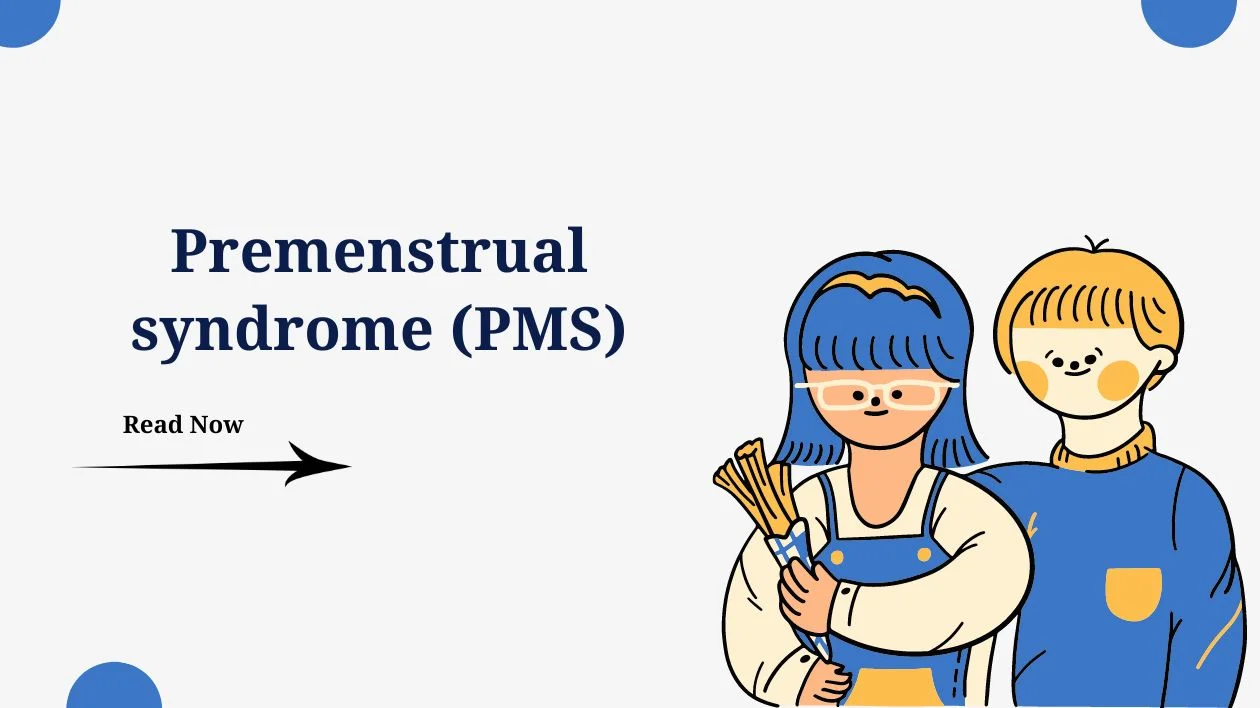

PMS symptoms include mood swings, sore breasts, food cravings, lethargy, irritability, and depression. It is estimated that up to three out of every four menstruation women have had some sort of premenstrual syndrome.
Symptoms tend to repeat in a predictable way. However, the physical and emotional changes associated with premenstrual syndrome can range from mild to severe.
However, you do not have to let these issues dictate your life. Treatments and lifestyle changes can help you decrease or manage the symptoms of premenstrual syndrome.
The list of probable signs and symptoms for premenstrual syndrome is extensive, yet most women only encounter a handful of them.
Appetite changes and food cravings
Depressed mood
Crying spells
Mood swings and irritability or anger
Poor concentration
Change in libido
Trouble falling asleep (insomnia)
Social withdrawal
Tension or anxiety
Joint or muscle pain
Headache
Fatigue
Weight gain related to fluid retention
Abdominal bloating
Breast tenderness
Acne flare-ups
Constipation or diarrhea
Alcohol intolerance
Some people have extreme physical pain and emotional stress that interferes with their daily life. Regardless of the intensity of the symptoms, most women have relief within four days after the start of their monthly period.
However, a small percentage of women with premenstrual syndrome experience disabling symptoms every month. This type of premenstrual syndrome is known as premenstrual dysphoric disorder (PMDD).
Depression, mood swings, anger, anxiety, feeling overwhelmed, difficulty concentrating, impatience, and tension are some of the symptoms of premenstrual dysphoric disorder (PMDD).
The exact cause of premenstrual syndrome is unknown; however, various variables may contribute to the condition:
Cyclic changes in hormones. The signs and symptoms of premenstrual syndrome alter with hormonal fluctuations and disappear throughout pregnancy and menopause.
Chemical changes in the brain. Fluctuations in serotonin, a brain chemical (neurotransmitter) known to have an important role in mood states, may cause PMS symptoms. Low levels of serotonin can lead to premenstrual depression, exhaustion, food cravings, and sleep issues.
Depression. Some women with severe premenstrual syndrome have undetected depression; however, depression does not cause all of the symptoms.
If you have not been able to control your premenstrual syndrome with lifestyle adjustments and the symptoms are interfering with your health and everyday activities, consult your doctor.
Read More :- Abdominal Pain Causes and Treatment